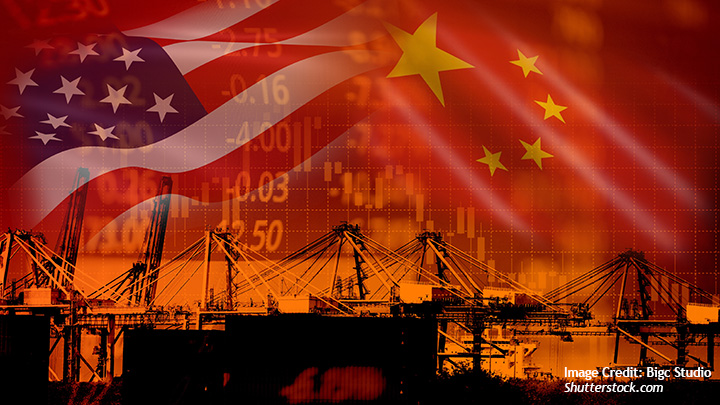Drivers of U.S.-China Strategic Competition: Understanding the Chinese Perspective

Stephen R. Nagy
The relationship between the United States and China is one of the world’s most important and mutually beneficial bilateral relationships. Nonetheless, it is also complex and contentious, with both countries vying for geopolitical influence and economic dominance. This brief examines drivers of U.S.-China strategic competition from the perspective of Beijing incorporating the prism of Marxist-Leninist ideology, domestic politics in the U.S., China’s needed alignment with Russia, nationalism, technological advancements such as AI, the role of regional players such as ASEAN, Japan, and the E.U., and Comprehensive National Power (CNP). Understanding these analytical lens contributes to a deeper comprehension of China’s security anxieties and worldview that may provide insight to enhance engagement, resilience, and deterrence in bilateral relations with China.
Related Publications
-
Challenging Western Views: Understanding Power and Stability in East Asia; An Interview with DAVID C. KANG
Dr. David C. Kang is Maria Crutcher Professor of International Relations at the University of Southern California. A leading expert in East Asian security, international relations, and political economy, Dr. […]
-
To What Extent is China a ‘Security Threat’?
The current international order, led by the United States, is undergoing phenomenal political, economic, and security changes that will decide whether the order will continue as it is, or a […]
-
ISDP Annual Report 2023
ISDP’s Annual Report for the year 2023. We look back on 2023, a year in which tensions and conflicts captured the strategic space in ISDP’s focus areas, making headlines around […]
-
India in a world of asymmetrical multipolarity
In the past decade, the world has gathered an irreversible momentum in global geopolitical transitions, including the fragmentation and reconfiguration of the international order. This is largely due to the […]
-
The Economic Leash: China’s Financial Tethers and Global Power Plays
China’s emphasis on Gross Domestic Product (GDP) growth and its integration into global markets have allowed it to wield significant influence internationally. Nonetheless, this focus on rapid expansion has created […]




